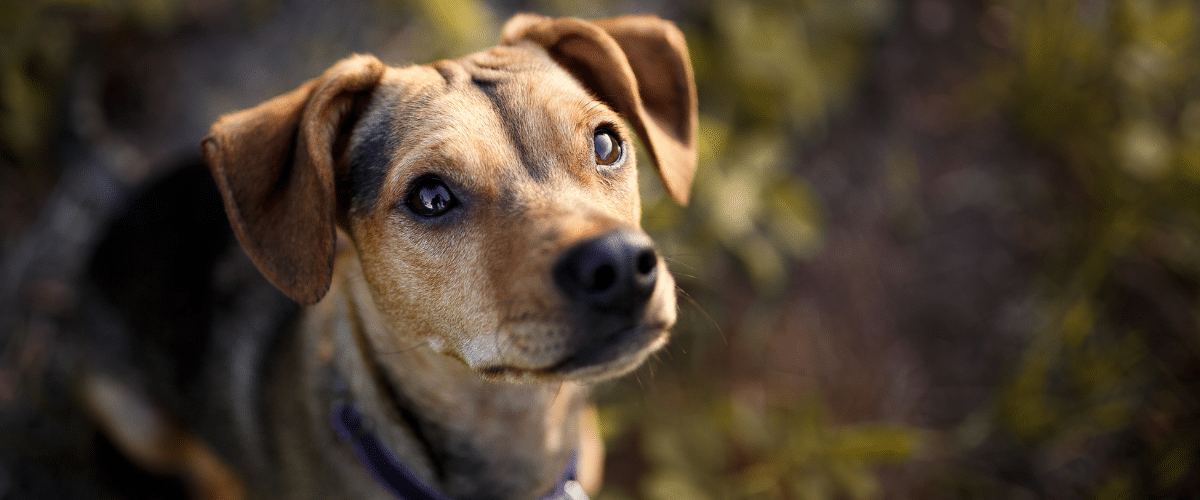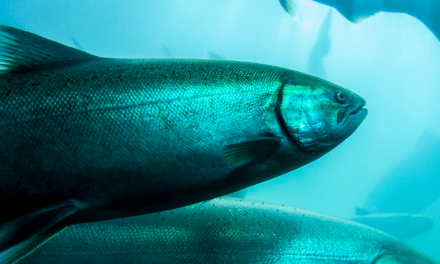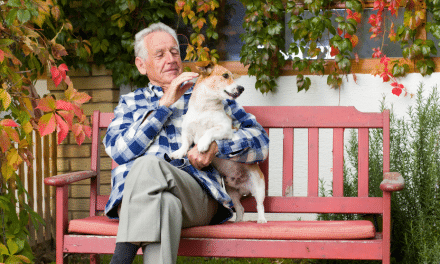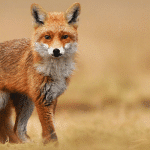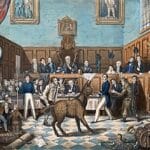By Molly O’Donoghue, Anna Connelly, and Savannah Coull, University of Aberdeen law students
As law students, we spend more time studying than experiencing the actual law-making process. Since we all have a strong interest in animal welfare and related studies at the University of Aberdeen, we excitedly welcomed the opportunity to work alongside Mike Radford on a joint submission for the public consultation on the Animals and Wildlife (Penalties, Protections and Powers) (Scotland) Bill. While the intention behind the bill – to increase the maximum penalties for welfare offences – is commendable, we realised that the proposals would benefit from further consideration of protection for assistance animals and improvement in the enforceability of the Act.
Our initial focus was to assess the effectiveness of the application of the current law through analysing data on animal welfare related convictions. Unsurprisingly, there were relatively few successful convictions, and those that were successful received minimal penalties. In our opinion, the law and its consequences did not deter or prevent animal welfare offences. Through our research, we learned of substantial issues surrounding seizure of relevant animals pending conviction. Because of the legal status of animals as property, there is difficulty in striking an appropriate balance between preventing further mistreatment of the animals concerned and infringement of the rights of the owner to enjoyment of property.
We were fortunate to attend a roundtable with representatives from various animal welfare organisations and concerned parties to discuss the merits of the bill in greater detail. This meeting was kindly hosted by The UK Centre for Animal Law (A-law) Scottish Steering Committee and the Law Society of Scotland. Various other organisations took part in the round table, including the Scottish SPCA, RSPB and COLSA. This collaborative opportunity brought together experience and legal expertise – exactly the relationship and dynamic that A-law envisaged. We were delighted to meet a variety of people with expertise spanning both animal welfare and legal sectors, and it was beneficial to hear different perspectives and develop a deeper understanding of the most important considerations in new legislation.
Along with making written submissions Mike gave oral evidence to the Environment, Food and Rural Affairs Committee at Holyrood. He kindly invited us to attend, and we were very keen to observe firsthand the next stage of the process. Although this occurred during the examination period, it provided a refreshing break from the library (and was particularly informative for the upcoming Government and Law exam!). Taking our seats in the back, we were impressed during the oral evidence hearing with the engagement and attention to detail from all parties involved. Advocate Scott Blair gave evidence on behalf of A-Law, and another member of A-Law’s Scottish Committee, Libby Anderson, Policy Director at OneKind, also gave evidence. We were proud that our research contributions assisted in the analysis of the bill, and we were intrigued by some of the counterpoints. Following the evidence session, we had an informal debrief with a few people who had given evidence, during which we gained even more information about their experience as well as insights into the legislative process.
Of course, no trip to Edinburgh in December would be complete without a visit to the Christmas market, and we reflected on the experience whilst enjoying mulled wine. Overall, this experience was invaluable, and we felt privileged to have played a part in it. Although the last four years have been predominantly based in the land of the theoretical, this experience increased our understanding of the law in a more practical and applicable sense. There is no doubt that the experience will assist us in our professional futures and we are grateful to all those who made this happen. Our aspirations to continue advocating for the protection of animals are reinforced. It is inspiring to see the impact that individuals can have on the legislative process.

